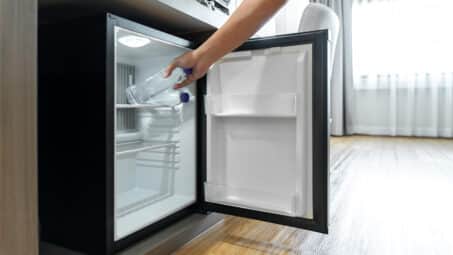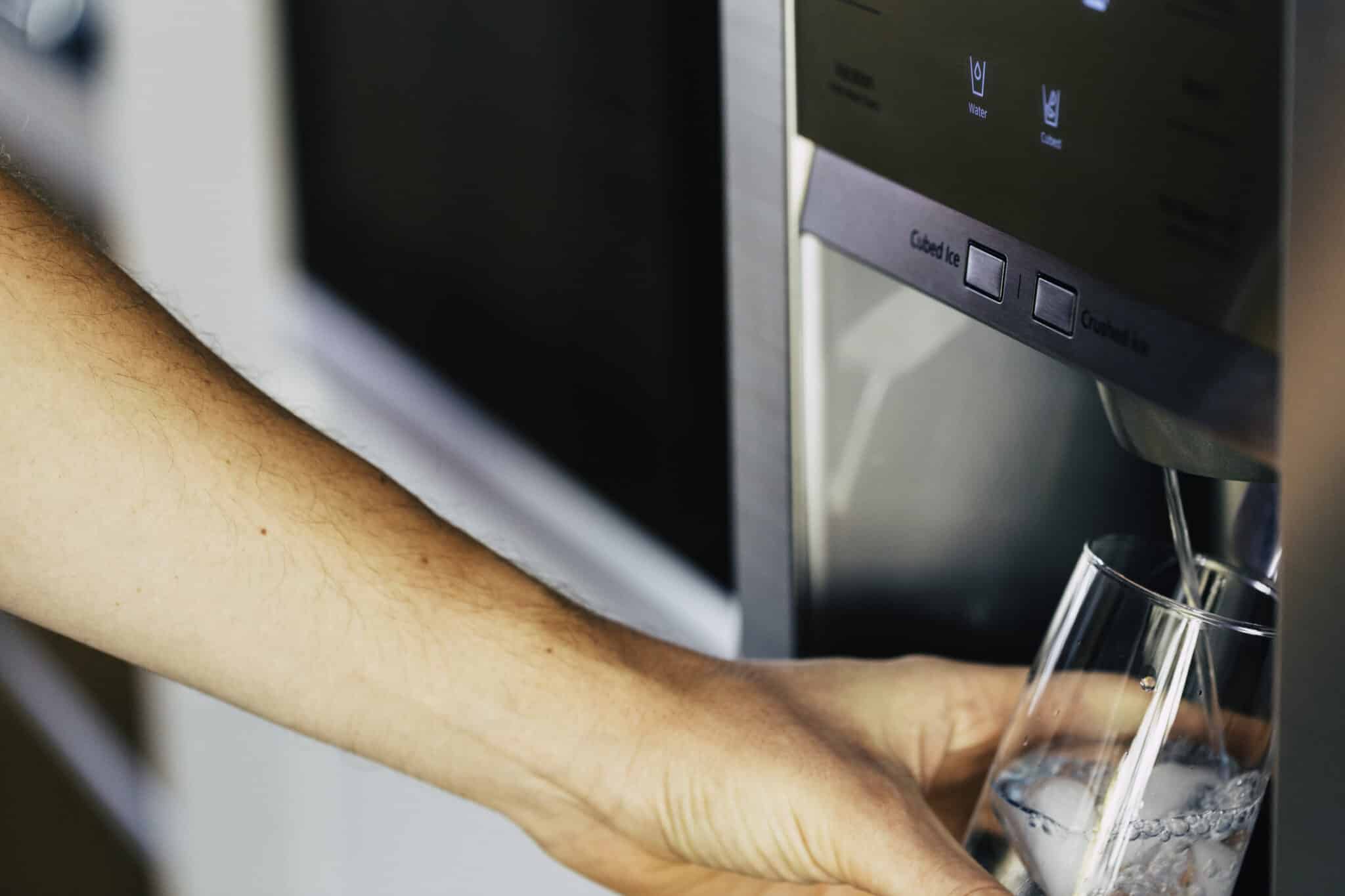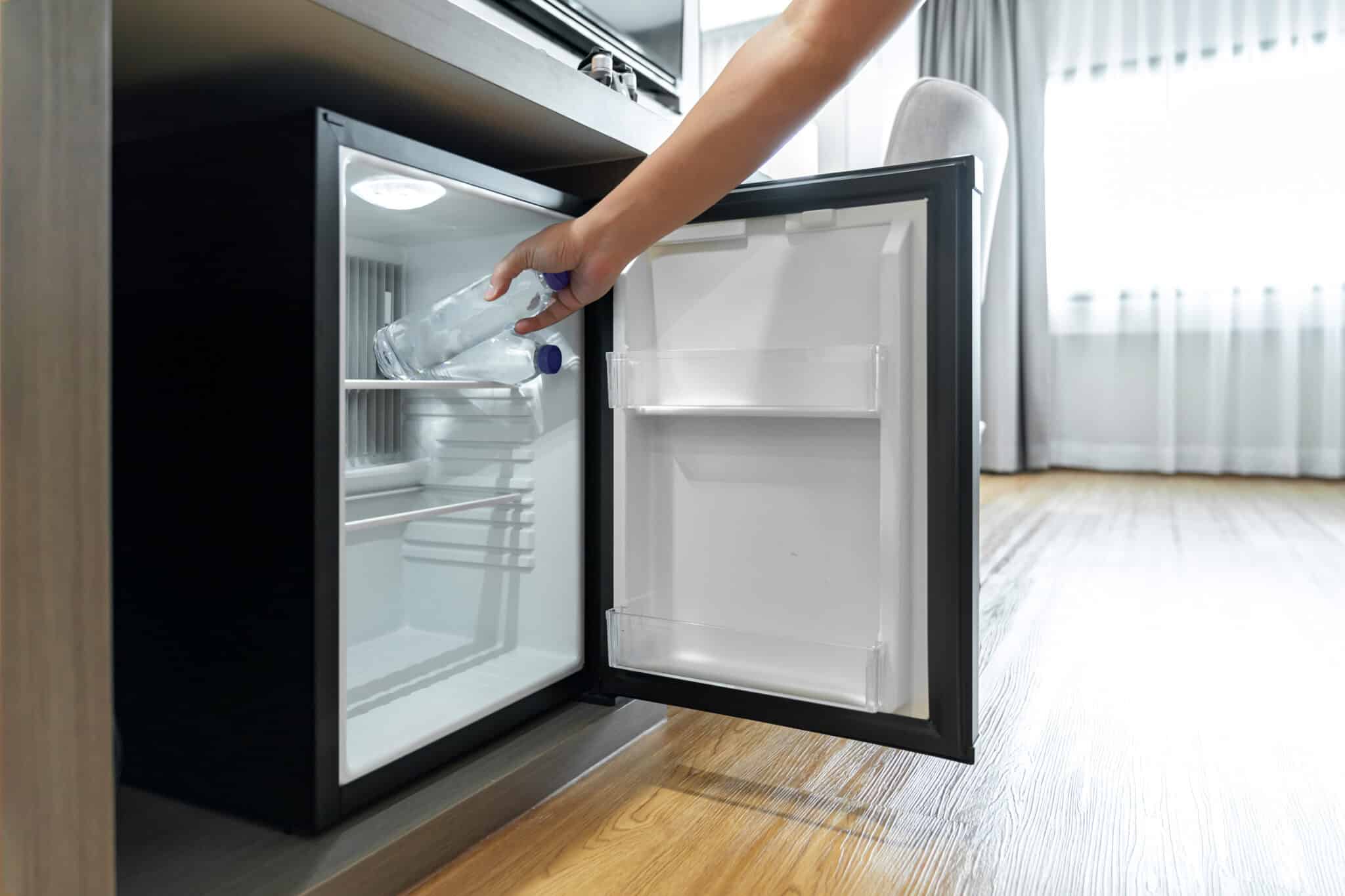A clean kitchen sink is vital to your health and well-being. It’s where you wash your vegetables or fruit and where you clean your dishes. The kitchen sink is one area of your house that gets heavy use, and all that gunk builds up over time. But here are some tips to help you achieve a clean kitchen sink.
Understand the Type of Sink You’re Cleaning
The type of sink you have will impact how you should clean it:
Stainless steel: Most sinks are made of stainless steel. With a stainless-steel sink, think about going easy on the surface. Instead of cleaning it with a sponge, consider a rag that is a bit softer. An even better option is to purchase a microfiber cloth to assist with sink scrubbing.
Stone: Sinks made of different types of stone also need careful attention. You should also wipe a stone sink with a soft cloth to avoid scratches. As for cleaning solutions, something mild will work best and you can even buy special cleaners made just for stone.
Enamel: Some sinks are actually made of cast iron coated in a layer of enamel. This enamel is usually very hardy and can take some more aggressive cleaning. You can use any cleaner made for tiles or a soft cleansing product. When scrubbing, go for a sponge and be careful of scratching the sink’s surface.
But for all types of sink, when you finish cleaning consider drying off the surface to prevent water marks.
Take Care of Food Scraps Quickly to Maintain a Clean Kitchen Sink
To maintain a clean kitchen sink, avoid letting food sit in it. Old food scraps allow bacteria to grow and germs to spread. You don’t have to do the dishes immediately, but at least get rid of the food sitting on them before dropping them in the sink.
You can take an eco-friendly approach to this tip and use a compost bin to help you manage your leftover food and keep it out of your sink. Drop the food scraps into the compost bin and give those dishes a quick rinse.
Use the Garbage Disposal With a Cover
The cover for your garbage disposal is a much-overlooked tool for keeping your kitchen sink clean. It’s easy to flip the switch on the disposal and let it rip, but using the cover avoids food and residue splattering up out of the unit and onto your sink and countertops.
Swap Out the Sponge Regularly
If you’ve had the same sponge for the last six months you’re not going to have a clean kitchen sink. The bacteria on the sponge is a real problem area. A study published in the journal Scientific Reports found that your sponge contains more germs than your toilet.
The research behind this report recommends replacing your sponge weekly. When you change the sponge, you should immediately see a difference in sink cleanliness.
Choosing the Right Cleaning Solution
The cleaning aisle is full of fun colors, but not all dish soap is equal. The best dish soap:
- Smells great
- Disinfects with force
- Is good to the environment
- Won’t irritate your skin
Look for products that are eco-friendly, with minimal chemicals—a clean kitchen sink is no good if it damages the environment.
In addition, look for dish soap with powerful concentrations. Dish soap concentration is the mixture of solutions that help fight grease and food residue. The most concentrated dish soaps may come with a recommendation to dilute with water, so check the label before using them in your kitchen.
Scrubbing the Sink After Each Use
There’s a lot of routine maintenance you can do to keep a clean kitchen sink. Whenever you use the kitchen sink to clean up dirty dishes you can scrub the surface with the cloth and rinse the dirty water down the drain.
When you finish that last dish before you put things away and move on, start running the hot water. A combination of hot water and soap on the surface of your sink can do wonders to keep it clean. The trick to this is that you do it routinely, after each use.
Don’t Forget About the Drain
Your drain plays a critical role in a clean kitchen sink. If left alone food can build up and that generates smells due to bacteria growth.
The best way to clean up your kitchen drain regularly is to use a combination of baking soda and white vinegar. Use a quarter to a half a cup of each and pour it down the drain, letting it sit for a few minutes. (You can sprinkle baking soda around the sink as well.) When you finish, pour a pan of boiling water down the drain. The process of boiling water mixing with the white vinegar and baking soda is magic for your drains. Doing this weekly will help wash away the oils and grease that can mar your clean kitchen sink.
Keeping a kitchen sink clean is something you can accomplish with regular upkeep, so don’t forget to:
- Clean your dishes in a timely manner
- Avoid letting food sit in the sink
- Practice quality routine maintenance.
The more you stay on top of it, the easier it will be to achieve that clean kitchen sink and make it shine.






